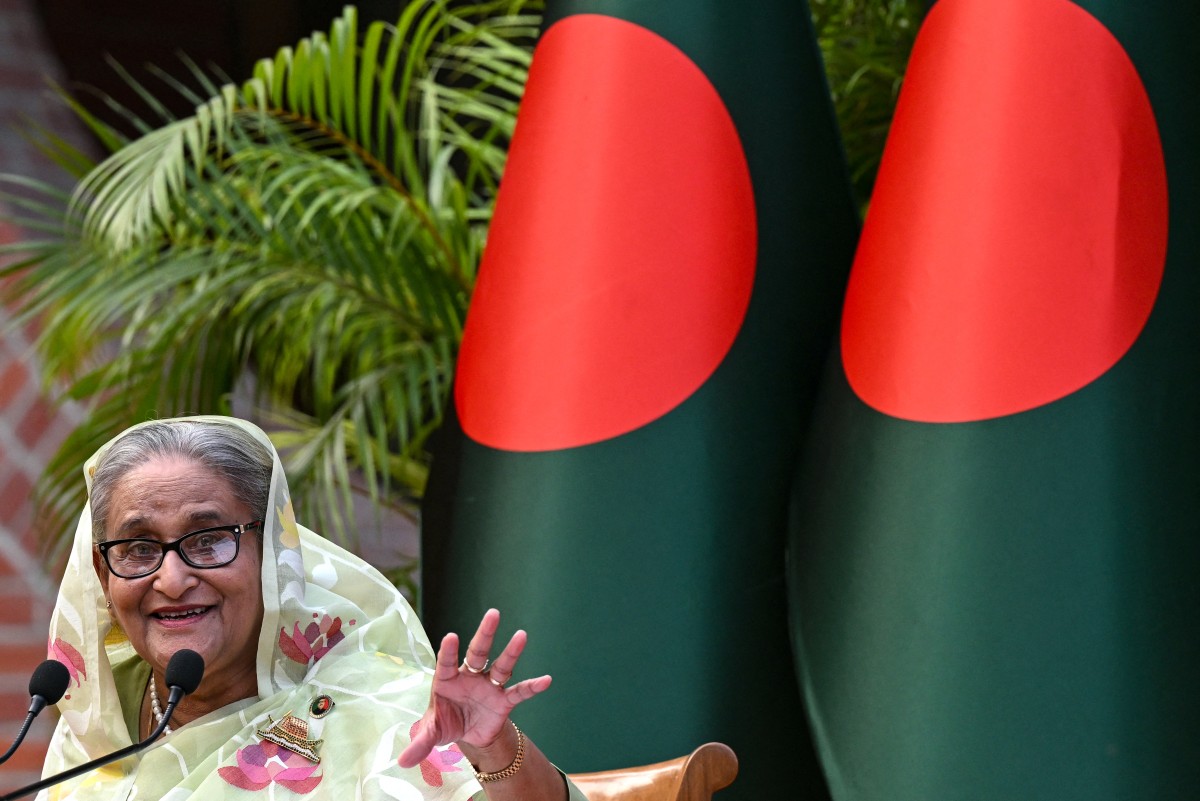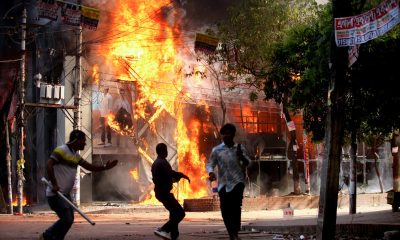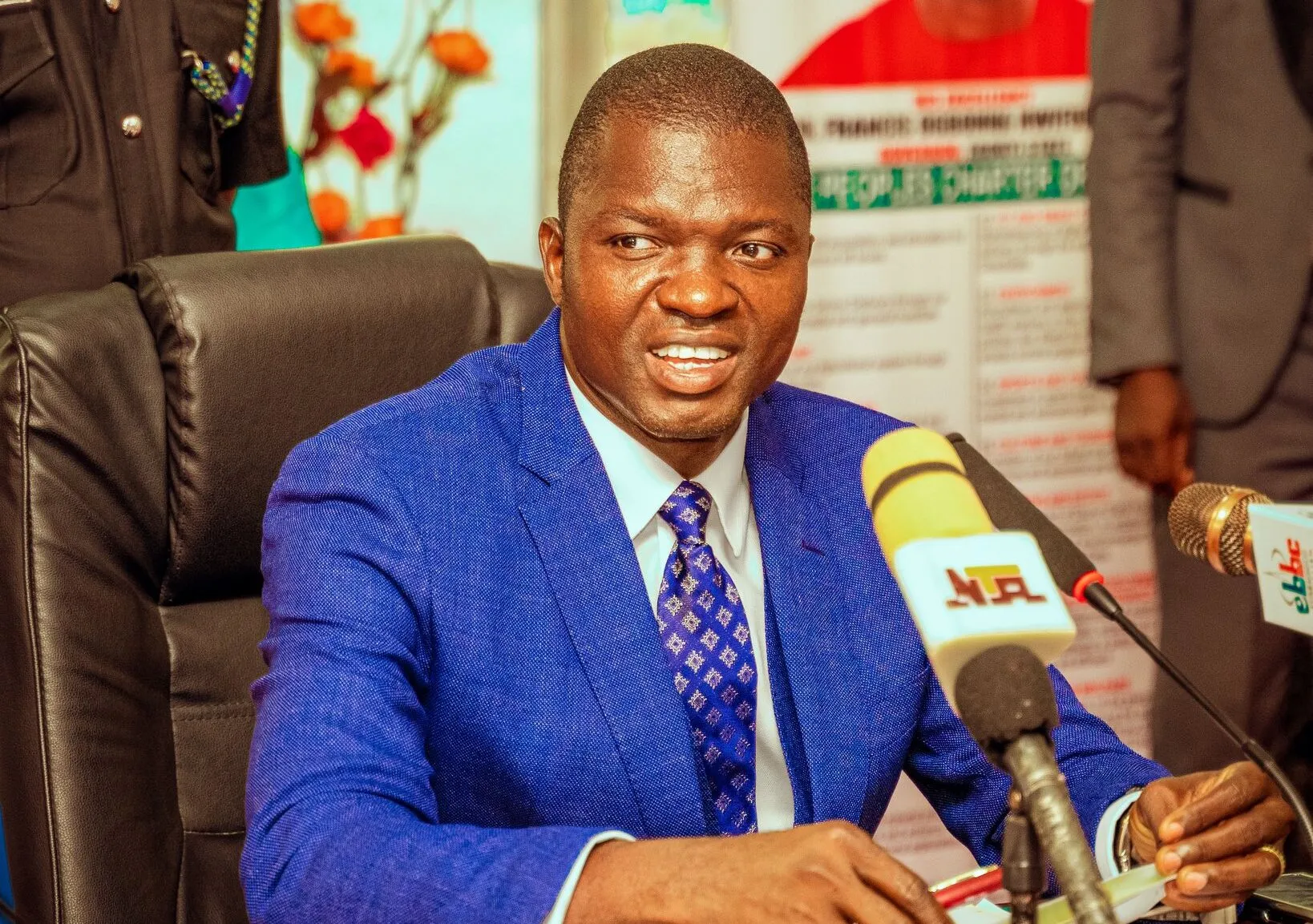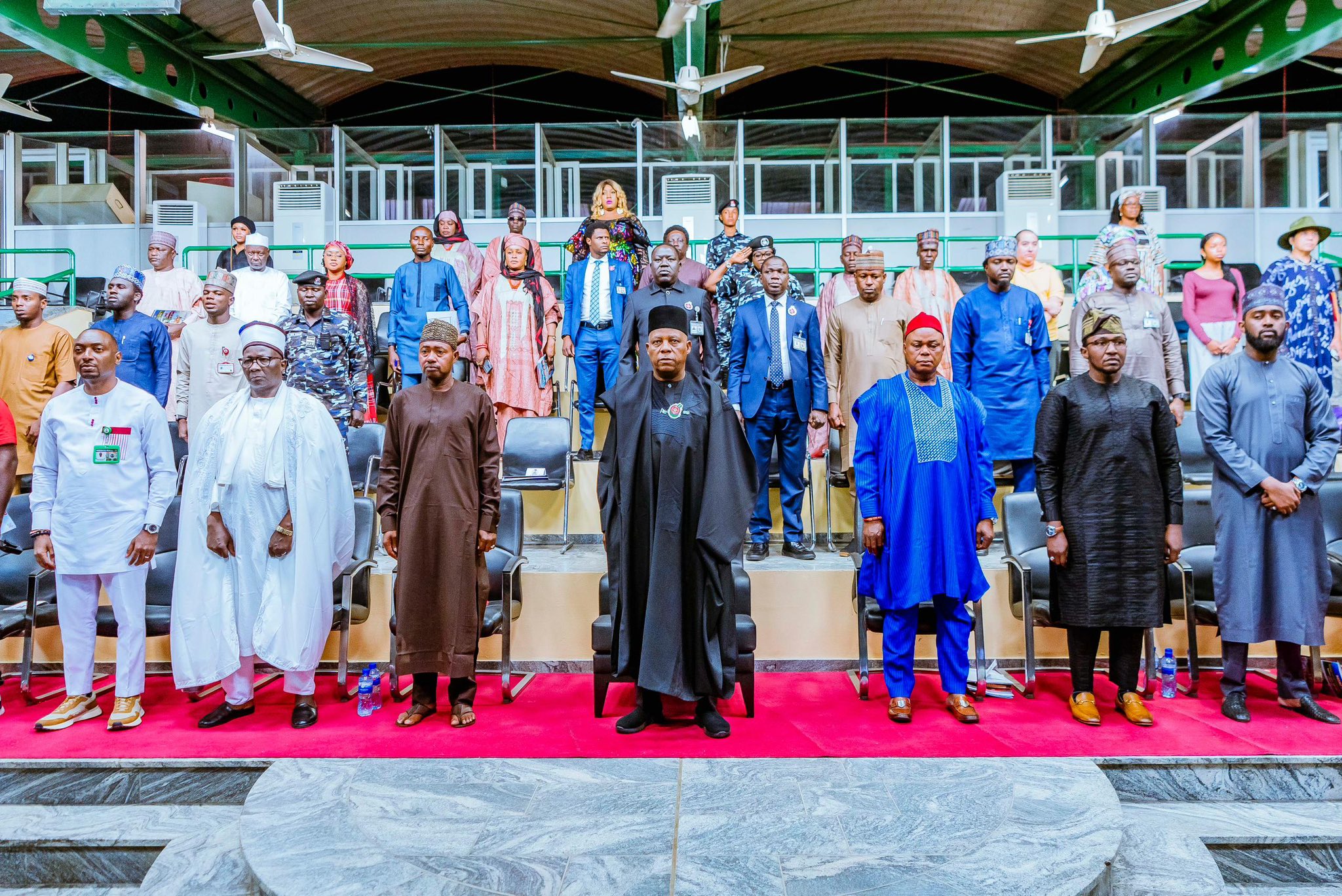A recent research by Positive Technologies, a leader in result-driven cybersecurity, has revealed that over half of cyber attacks in Nigeria target the government sector and financial companies.
This was contained in the firm’s analysis of the current cyber threats on the African continent for 2023–2024.
According to the experts, these attacks are often carried out by organised hacker groups aiming for financial gain and espionage, as well as by hacktivists.
In Africa, government and financial institutions make up 29 cent and 22 cent of all successful attacks on organisations, respectively.
The analysis of messages on the dark web forums confirmed that these sectors attract cybercriminals the most: they account for 19 per cent and 13 percent of all the darknet listings.
Anastasia Bezborodko, an analyst from the International Analytics Group at Positive Technologies, noted: “The share of attacks against the government sector among all attacks on organisations in Africa is twice as much as was found in our previous research. “Most often, government institutions are targeted by APT groups (46 percent) aiming to collect data and perform cyberespionage, as well as by hacktivists (18 percent ).
” Cybercriminals primarily target government institutions in Nigeria (27 percent ), Algeria (17 percent ), Ethiopia (12 percent ), and South Africa (12 percent), according to dark web data.
“Attacks on the financial sector also increased, rising from 18 percent to 22 percent of all successful attacks.
“On the dark web, posts related to Africa’s government sector typically mention free distribution of information (66 percent), while those related to financial institutions focus on selling data and access (64 percent).”
According to Positive Technologies, more than half of the databases related to African countries are distributed for free on the dark web, while access to corporate networks can be bought for an average of $2,970.
One in 10 successful cyberattacks on organisations in the region targeted the industrial sector.
The main goal of these attacks was to disrupt production processes and steal confidential information.
Another 10 percent of attacks targeted telecommunications: cybercriminals are drawn to vast amounts of personal data and customer payment information. In attacks on organisations, criminals most often targeted computers, servers, and network equipment (65 cent).
This points to weak infrastructure protection, such as vulnerabilities.
The report covered the period from Q1 2023 to Q3 2024. network perimeters and poorly configured services that are accessible externally.
Attacks targeting web resources surged from 15 per cent to 27 percent with DDoS attacks accounting for half. Malware was the most common method used in cyberattacks, accounting for 43 percent of attacks on organisations and 53 percent of attacks on individuals. In almost one-third of successful attacks on companies, cybercriminals used ransomware, and in one out of every four attacks, they deployed spyware.
In 18 percent of attacks on organisations, hackers exploited vulnerabilities. The most common result of cyberattacks on organisations (61 percent ) and individuals (53 percent) was hackers accessing confidential information.
Another common issue was disruption of core business operations, which occurred in 18 percent of successful attacks.
According to open-source data, a significant share of cyberattacks happened in South Africa (22 percent ) and Egypt (13 percent). Meanwhile, analysis of posts on the dark web forums revealed that these messages primarily targeted South Africa (25 percent ), Nigeria (18 percent), and Algeria (13 percent ).
Most often, dark web listings feature databases (61 percent), and more than half of these databases (64 percent) are given away for free. Criminals also sell data for accessing the networks of major African companies (38 percent of all analysed dark web messages). Most of these posts (74 per cent) are about selling access, with an average price of $2,970.
In recent years, digital technologies have been implemented across various sectors in Africa, opening up new opportunities for cybercriminals.
To increase the region’s cybersecurity and thwart future cybercrimes, experts at Positive Technologies recommend adopting protective measures, such as developing and timely updating cybersecurity strategies and identifying critical information infrastructure, the disruption of which could cause non-tolerable events at industry and national levels.
To ensure cyber resilience, experts recommend that organisations conduct risk analysis, put together a list of events that could cause irreparable damage, regularly update systems and applications, and continuously check the effectiveness and relevance of security mechanisms and tools in place. Organisations should also host educational events to teach employees basic security rules and allocate budgets for training cybersecurity specialists. To improve cybersecurity, experts recommend forging strong partnerships between the government and private sectors.
Strengthening international collaboration, sharing knowledge, and exchanging experiences on current cyberthreats and protective measures are also crucial.
Positive Technologies is an industry leader in result-driven cybersecurity and a major global provider of information security solutions.
Our mission is to safeguard businesses and entire industries against cyberattacks and non-tolerable damage. Over 4,000 organisations worldwide use technologies and services developed by our company.
Positive Technologies is the first and only cybersecurity company in Russia publicly available on the Moscow Exchange (MOEX: POSI), with 205,000 shareholders and counting.


 Metro22 hours ago
Metro22 hours ago
 News19 hours ago
News19 hours ago
 News7 hours ago
News7 hours ago
 Business6 hours ago
Business6 hours ago
 News4 hours ago
News4 hours ago
 News8 hours ago
News8 hours ago
 News23 hours ago
News23 hours ago
 Metro4 hours ago
Metro4 hours ago
 Business7 hours ago
Business7 hours ago
 Metro6 hours ago
Metro6 hours ago























